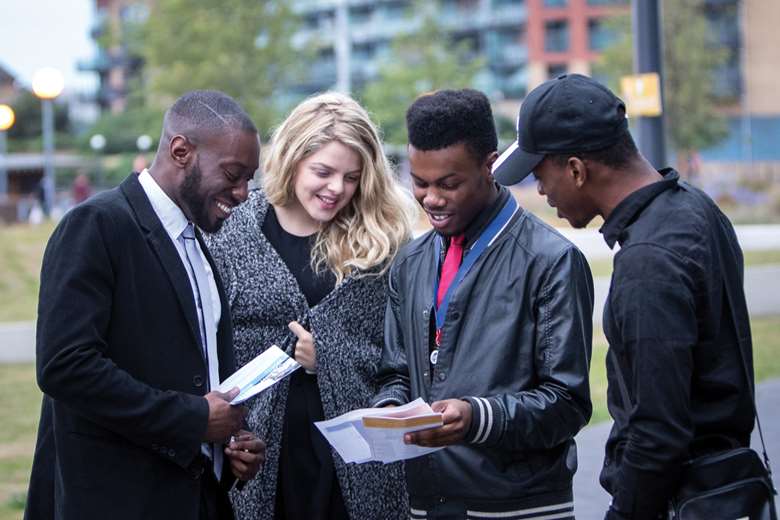How mentors support students to reach their educational goals
Emily Rogers
Monday, September 28, 2015
Project supports young people at risk of becoming Neet to stay in school and realise their full potential.

Project
LifeLine VIP Mentoring Programme
Funding
Around £427 per young person per term, mainly from schools. Previous funders include the Skills Funding Agency, Greater London Authority, Department for Work and Pensions, and European Social Fund
Background
Young people participating in education or training for longer are more likely to have increased earnings, better health and better social skills, according to Department for Education guidance published last September. It emphasises the importance of early intervention to help those needing extra support to stay in education and training until 18.
These principles are at the heart of work by east London charity LifeLine, which has run mentoring schemes for young people for 15 years. In 2008, the charity decided to relaunch its mentoring work as the VIP (Vision, Identity and Purpose) programme.
The programme is currently running in 47 east and south London schools in Barking and Dagenham, Havering, Redbridge, Newham, Croydon, Sutton, Tower Hamlets, Hackney and Waltham Forest. It also operates in the LifeLine Institute, an alternative education facility that the charity runs in Barking and Dagenham.
Action
LifeLine employs 11 full-time mentors with youth work experience, and usually a degree-level youth work qualification. They work closely with schools to identify young people at risk of dropping out or being referred to a pupil referral unit. Potential participants need to meet at least one out of a list of 12 criteria, such as being looked after, having low achievement or poor attendance.
Schools generally refer 10 pupils, usually in year 10. Participants begin with an activity day, designed to pull them out of their comfort zone, push their boundaries and build confidence. This also helps fast-track mentors' relationship-building with young people.
Participants have weekly half-hourly one-to-one meetings over two terms with their mentors, who aim to instil in them a vision for a more positive future, support them in setting and meeting personal targets, and help them identify coping mechanisms to overcome barriers to their goals.
In the first term, mentors encourage young people to broaden their horizons and develop a secure sense of identity by developing positive friendships and discovering their strengths. In the second term, they help participants discover a purpose, based on their interests and skills. Mentors support pupils through their options and in finding the path to take after GCSEs.
Mentors can resolve conflicts by acting as mediators between pupils and teachers or family members. "I've seen students who have detention every single day get to the point where they're getting one maybe once a month," says lead youth development worker Alex Nelson.
Outcome
An independent evaluation of the programme was published in May. Participants' wellbeing was measured using the Warwick and Edinburgh Mental Wellbeing Scale. The average wellbeing score for a sample of 216 participants increased by a statistically significant 5.6 points from 47.8 before the programme to 53.4 afterwards.
A survey of 451 pupils and 16 teachers was carried out as part of the evaluation, which showed 86 per cent of pupils and 69 per cent of teachers reported academic improvements since the mentoring, while 89 per cent of pupils and 75 per cent of teachers reported improvements in behaviour.
Schools with completed data show significant reductions among participants in detentions, reports, exclusions and "inclusion days", which involve pupils being sent into another room to study. There was an initial average of 0.63 inclusion days per term for a cohort of 342 learners, which decreased to 0.25 after mentoring, according to figures gathered by the charity between December 2014 and July this year.
"For many students, their time on the programme marked a turning point in terms of behaviour, self-belief and resilience, which they believed set them on a different life course than their previous track record would have predicted," concluded the evaluation.
Improvements in behaviour
Average number of "inclusion days" per term where disruptive pupils are sent to study elsewhere in the school. Results for a cohort of 342 young people
Before VIP mentoring - 0.63 days
After VIP mentoring - 0.25 days
Source: LifeLine
If you think your project is worthy of inclusion, email supporting data to derren.hayes@markallengroup.com




